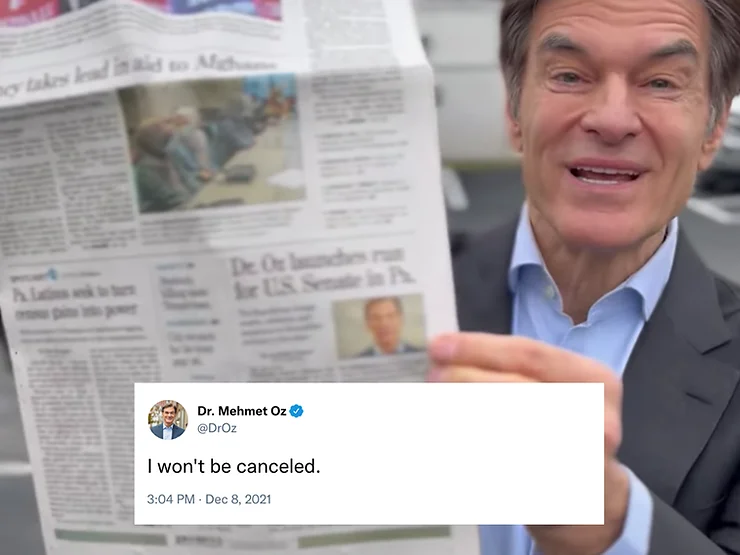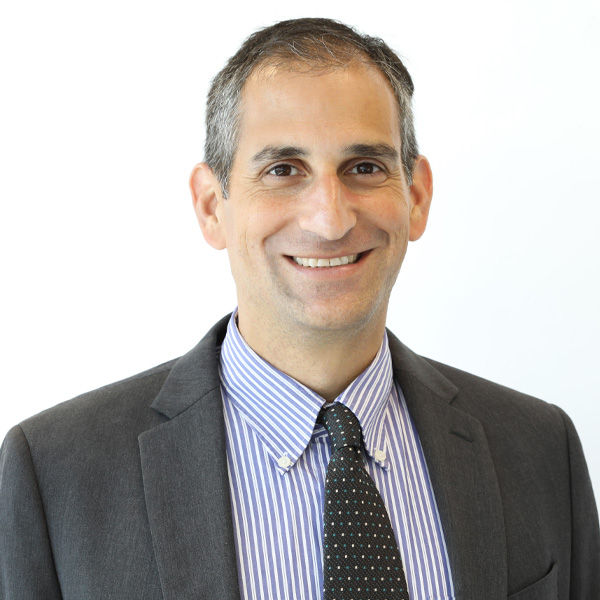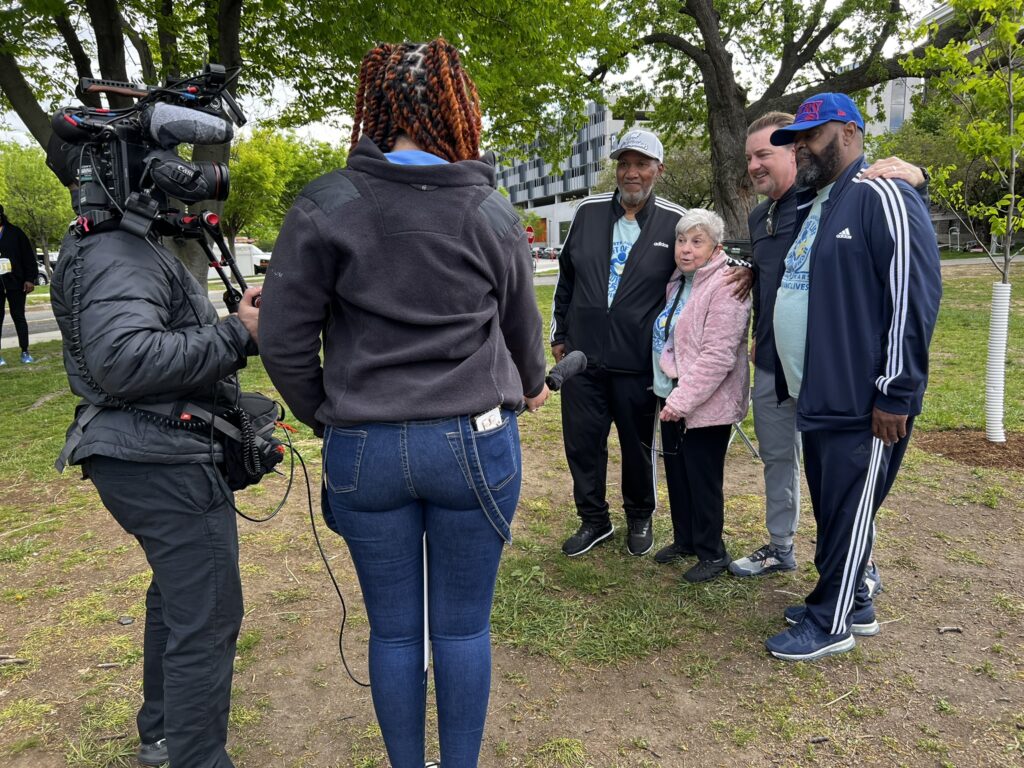Jeff Barg’s Inquirer grammar column raised the ire of Mehmet Oz, who tried to convert a newspaper-style point into a conservative rallying cry.

It’s common for me to write about famous people. It’s not so common for them to write back.
Or, as happened this week, for them to blast a whiny response video out to their 3.9 million Twitter followers.
Also not common: for me to end up on CNN talking about the whole kerfuffle. But it’s been a weird week.
I write the Angry Grammarian column for the Philadelphia Inquirer, in which I examine how grammar, language and punctuation shape our world. How we speak and write is just as important as what we say, and the column unpacks the subtle ways that the language we choose can have a big impact.
On Dec. 8, I published an article online examining the ways the media covered celebrity doctor Mehmet Oz’s entry into the crowded Pennsylvania Senate race.
Some publications referred to him as I just did: “celebrity doctor Mehmet Oz.” Others, like the Inquirer, referred to him by his brand name: “Dr. Oz.”

For the Inquirer and others, this was a departure from their house style, which says honorifics should be avoided. If it’s necessary to know that someone is a doctor, style books dictate that their qualifications are described as such, like “celebrity doctor.” But the honorifics themselves don’t carry much purpose. They can help distinguish among multiple people with the same last name, but there’s only one Oz in the race, and there wasn’t much danger that people would confuse Dr. Oz with the Wizard of Oz.
By that afternoon, Oz had posted a video on his Twitter and YouTube accounts decrying the fact that the largest newspaper in Pennsylvania won’t be calling him “Dr. Oz” anymore. He punctuated it with today’s conservative rallying cry: “I won’t be canceled.”
Come Saturday morning, I found myself on CNN talking with Michael Smerconish —who would really like if you called him “Dr. Smerconish” — about the Oz flap.
If this seems like much ado about nothing, don’t underestimate the power of those two little letters. With a clown car of candidates on both sides of the aisle, it will be difficult for any individual to stand out. If you’re the one candidate who gets written about with honorifics, that gives you an advantage. With at least two other doctors in the race — Democrats Val Arkoosh and Kevin Baumlin, neither of whom gets referred to as Dr. — it’s inappropriate use “Dr.” for only Oz. Consistency is key.
Despite what Oz says, the Inquirer’s decision to refer to him as Mehmet Oz rather than by his brand name isn’t cancelation at all. As I’ve written before, “cancel culture” isn’t really a thing, but rather a way to stoke outrage. An ardent desire for victimhood doesn’t make you a victim.
But for Oz, it was all about finding a way to stand out — and he was wildly successful. In our business, we know the aphorism “no such thing as bad press” isn’t actually true, but it’s applicable here. Oz took my innocuous, nerdy treatise on newspaper style guides — something that usually no one but editors cares about — and ran with it.
By the time my column was published in print this past Sunday, it was one of three pieces in that newspaper section alone about Oz. Add in a segment on CNN, coverage on Fox News, a Talking Points Memo story and untold numbers of Twitter impressions, and it would seem that Oz was far from “canceled”—in fact, he’d dominated a news cycle.
That’s some wizardry after all.

Jeff Barg is Ceisler Media’s special projects director and writes the Angry Grammarian column for the Philadelphia Inquirer.



